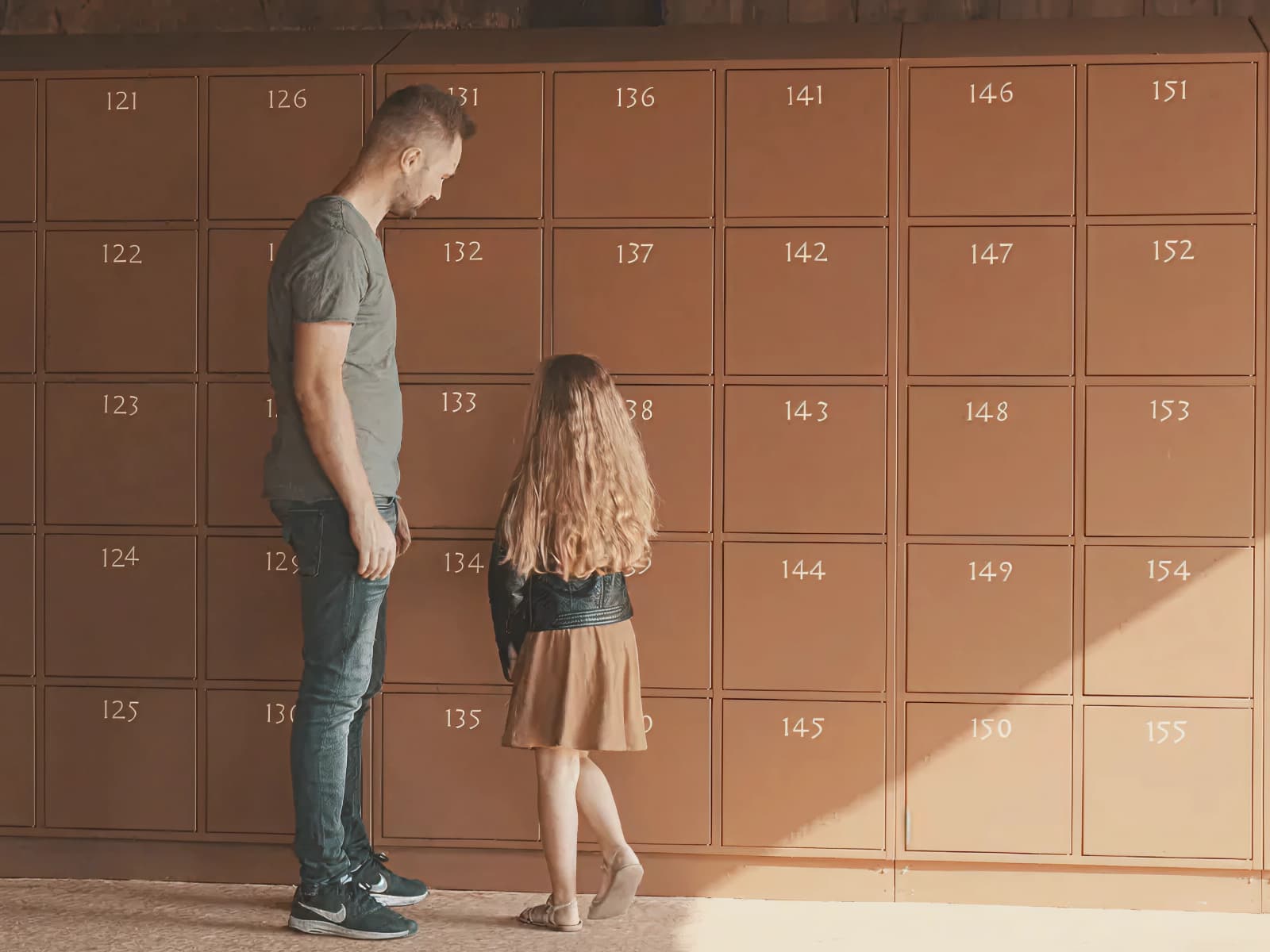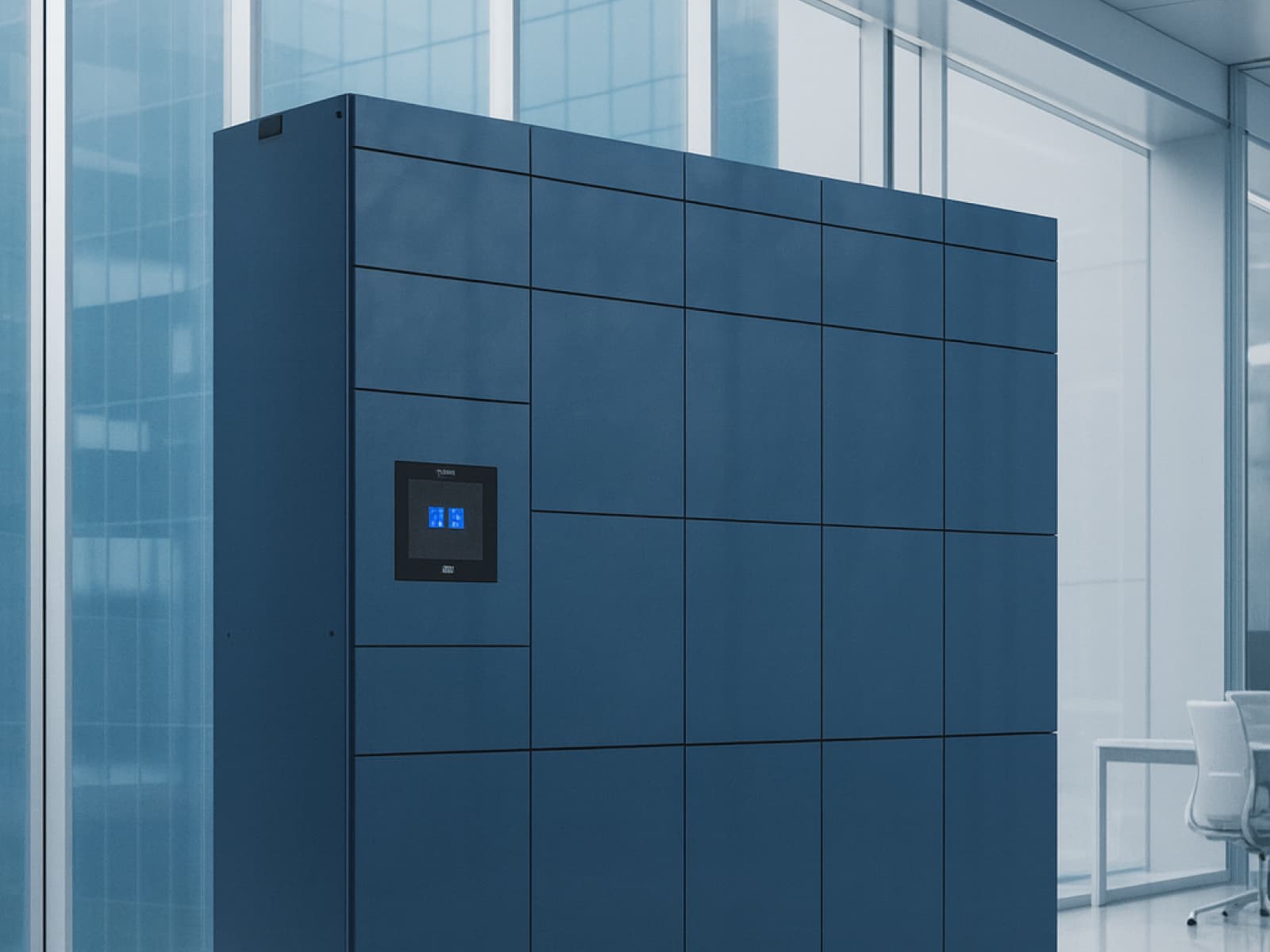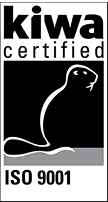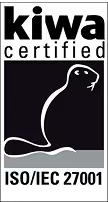Introduction
The travel industry has been greatly affected by the COVID-19 pandemic, leading to disruptions and a need for a different approach. Flights were grounded, and strict health protocols were put in place, completely transforming the travel landscape. In response to these changes, new solutions have emerged to meet the evolving needs. One of these innovative solutions is smart luggage lockers. These advanced storage options provide a secure and convenient way for travelers to store their belongings without physical contact. In this blog post, we will explore the impact of COVID-19 on travel and how smart luggage lockers are shaping the future of travel.
The Changing Landscape of Travel in a Post-COVID World
The travel industry has witnessed a significant transformation due to the COVID-19 pandemic, as travelers have adapted their preferences and behaviors to navigate these challenging times. Spontaneous trips and popular tourist destinations have given way to carefully planned journeys and a preference for quieter, off-the-beaten-path locations. Travelers now prioritize health and safety, seeking destinations and services that offer peace of mind and minimize exposure to crowded areas. This shift reflects a more mindful approach to travel, where travelers prioritize their well-being and choose experiences that align with their comfort levels.
How has the focus on hygiene and contactless services increased?
The pandemic has thrust hygiene into the spotlight like never before. In the travel industry, cleanliness has gone from being a basic expectation to a critical factor in choosing a service provider. Businesses across the spectrum, from airlines to hotels, are stepping up their game, implementing rigorous cleaning protocols and going the extra mile to reassure travelers. But it's not just about physical cleaning. Contactless services have emerged as a key player in the hygiene narrative. Digital check-ins, e-tickets, contactless payments – these are no longer just conveniences, but essential tools in minimizing contact and reducing the risk of virus transmission. In this new reality, technology is proving to be a powerful ally in ensuring traveler safety.
Smart Luggage Lockers: The Future of Secure and Convenient Storage
Introducing smart luggage lockers, an advanced solution designed to meet the changing needs of modern travelers. Picture this: you arrive in a new city and instead of carrying your suitcase everywhere you go, you can simply go to a nearby smart locker. With your phone, you scan a QR code and your luggage is securely stored. These lockers offer a convenient and secure experience. They are available 24/7, allowing travelers to drop off and retrieve their luggage at their convenience. Additionally, these lockers are monitored and protected, providing peace of mind. In this section, we will explore smart luggage lockers in detail, including how they work and why they are a game-changer for travelers.
The Potential of Smart Luggage Lockers in the Travel Industry
Are smart luggage lockers more than just a gadget? How can they revolutionize the travel industry? What crucial gap in the market do they fulfill for modern travelers? How do they enable contactless interactions and align with the industry's shift towards touch-free services? Where are smart luggage lockers being implemented and how are users responding? In this section, we will explore the potential of smart luggage lockers, highlighting real-world examples to showcase their impact and success.
Conclusion
As we wrap up, let's take a moment to reflect on the journey we've been on. We've seen how the COVID-19 pandemic has upended the travel industry, ushering in new travel patterns and a heightened focus on hygiene. We've explored the rise of contactless services and the role of technology in ensuring traveler safety. And we've looked at how smart luggage lockers are stepping up to the plate, offering a secure and convenient storage solution that's perfectly in tune with the needs of today's travelers. As we navigate the post-COVID travel landscape, it's clear that smart luggage lockers are more than just a passing trend – they're a glimpse into the future of travel.
FAQ about Smart Lockers
How does the Keynius locker system work?
Keynius lockers combine smart electronic locks - smart locks and battery locks - with cloud-based software and optional local controllers via our Smart Home Teacher and Students.
Locks connect via LAN or Bluetooth to the Keynius platform, allowing users to authenticate, open, and manage lockers through touchscreens, RFID, PIN, or mobile app.
Admins control access rights, monitor usage, and configure lockers remotely via the Keynius Portal.
Can I customize the locker design and materials?
Yes. We are the only smart locking provider that owns every part of our supply chain, which includes all components, hardware, cabinetry, and software. This allows us to offer the most customizable smart lockers in the industry.
Lockers are available in multiple materials and colors:
Steel, powder-coated in standard RAL colors.
Wood-based panels with extensive Egger color finishes.
HPL laminate for high-durability indoor/outdoor use.
Outdoor waterproof steel version.
Each locker supports optional side panels, bases, benches, and color branding, or vinyl wrapping, as well as your selection of lock type, connection type, and many other custom add-ons.
Is the platform cloud-based or do I need local servers?
The Keynius platform is fully cloud-managed, requiring no local servers. Hardware like Smart Home Teacher/Student units and Battery Locks connect to the cloud via LAN or Bluetooth and are configured through the Keynius Portal or App.
What authentication/access methods are supported?
Supported authentication methods include:
PIN (capacitive keypad or mobile-assigned)
RFID (MiFare, HID, NFC, Apple Wallet)
Mobile app (BLE) for remote and Bluetooth access
QR code scanning (QR Reader IP65)
Payment terminals can optionally authenticate via debit/credit contactless systems.
How secure is the system and where is the data hosted?
Hardware is certified to CE, FCC, UKCA, and RoHS standards, with IP-rated protection up to IP65 for outdoor units.
Locks feature encryption, motorized mechanisms, and mechanical overrides for fail-safe access.
All data, including access logs and credentials, is stored securely in Keynius’ EU-hosted cloud environment compliant with European data protection standards.
Can Keynius integrate with our existing software?
Yes. The system offers open APIs for integration with HR, facility, payment, or booking systems. Payment terminals support remote configuration through the Terminal API.
View our existing integrations here.
What industries or use cases is Keynius suitable for?
Keynius offers a modular, flexible design which makes it compatible for nearly every industry and use-case.
Our most common sectors include:
- Corporate offices (personal storage, hybrid desks)
- Education (student lockers, IT device storage)
- Logistics and retail (parcel and click and collect)
- Leisure, hospitality, and healthcare (staff or visitor lockers)
What’s included in the setup and onboarding process?
Every project is different and requires its own scope, but we strive to offer a consistent and repeatable solution as much as possible to streamline our effectiveness and the quality of service we're able to deliver.
1. Design phase: Configure cabinet models, lock types, and finishes.
2. Installation: Connect Smart Locks to the Smart Home or cloud (plug-and-play).
3. Software setup: Locker walls created in the Keynius Portal; access rights assigned.
4. Training: Admins and users onboarded via the app guide.
5. Support: Remote monitoring, software updates, and Keynius support line.









%201.svg)
%201.svg)
